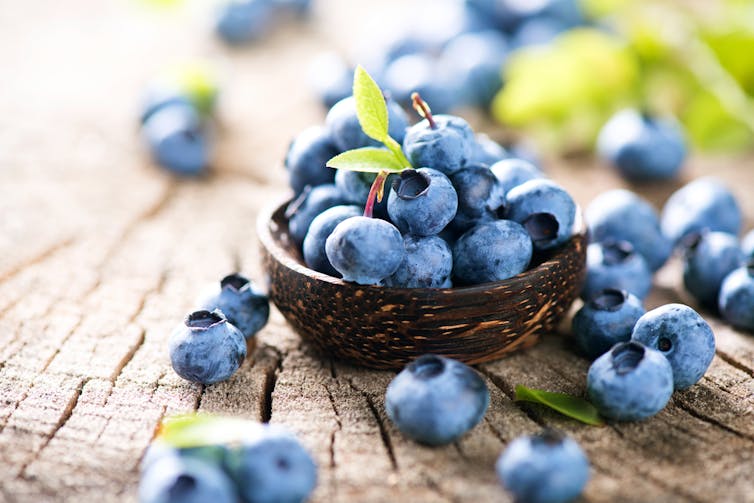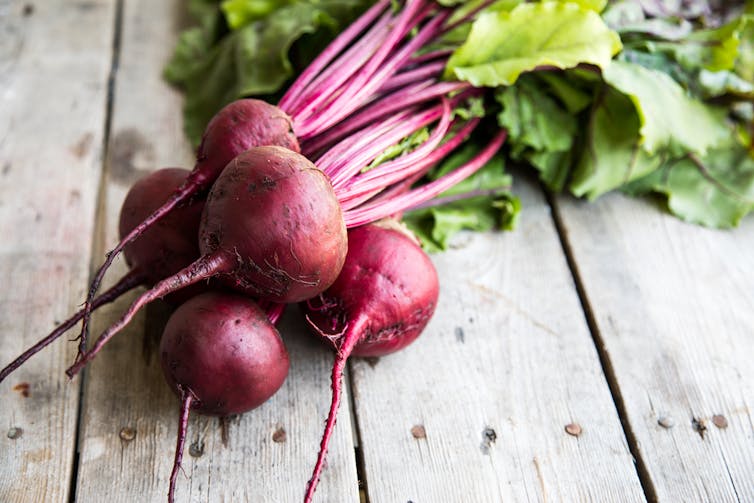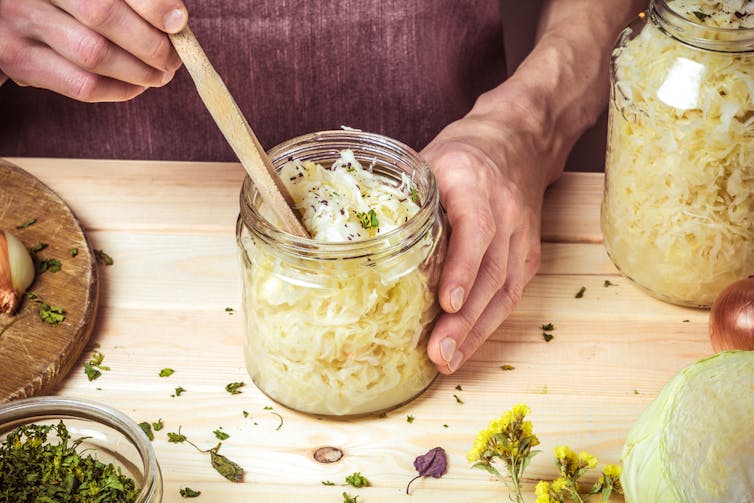We all know eating “healthy” food is good for our physical health and can decrease our risk of developing diabetes, cancer, obesity and heart disease. What is not as well known is that eating healthy food is also good for our mental health and can decrease our risk of depression and anxiety.
Mental health disorders are increasing at an alarming rate and therapies and medications cost $US2.5 trillion dollars a year globally.
There is now evidence dietary changes can decrease the development of mental health issues and alleviate this growing burden. Australia’s clinical guidelines recommend addressing diet when treating depression.
Recently there have been major advances addressing the influence certain foods have on psychological well-being. Increasing these nutrients could not only increase personal well-being but could also decrease the cost of mental health issues all around the world.
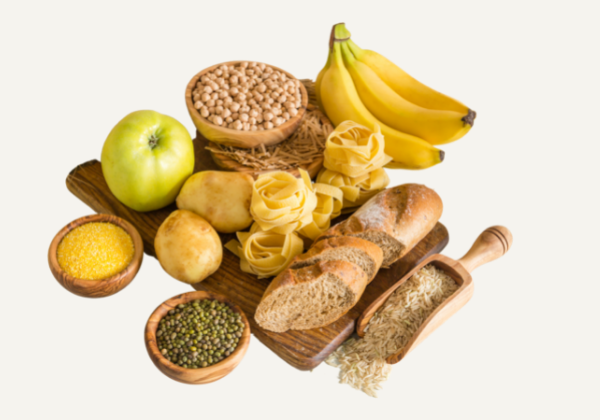
1. Complex carbohydrates
One way to increase psychological well-being is by fuelling brain cells correctly through the carbohydrates in our food. Complex carbohydrates are sugars made up of large molecules contained within fibre and starch. They are found in fruit, vegetables, and wholegrains and are beneficial for brain health as they release glucose slowly into our system. This helps stabilise our mood.
Simple carbohydrates found in sugary snacks and drinks create sugar highs and lows that rapidly increase and decrease feelings of happiness and produce a negative effect on our psychological well-being.
We often use these types of sugary foods to comfort us when we’re feeling down. But this can create an addiction-like response in the brain, similar to illicit drugs that increase mood for the short term but have negative long-term effects.
Increasing intake of complex carbohydrates and decreasing sugary drinks and snacks could be the first step in increased happiness and well-being.
2. Antioxidants
Oxidation is a normal process our cells carry out to function. Oxidation produces energy for our body and brain. Unfortunately, this process also creates oxidative stress and more of this happens in the brain than any other part of the body.
Chemicals that promote happiness in the brain such as dopamine and serotonin are reduced due to oxidation and this can contribute to a decrease in mental health. Antioxidants found in brightly coloured foods such as fruit and vegetables act as a defence against oxidative stress and inflammation in the brain and body.
Antioxidants also repair oxidative damage and scavenge free radicals that cause cell damage in the brain. Eating more antioxidant-rich foods can increase the feel-good chemicals in our brain and heighten mood.
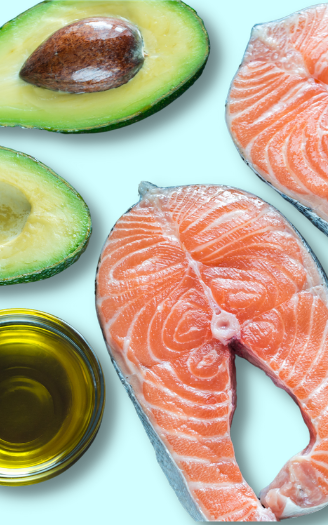
3. Omega 3
Omega 3 are polyunsaturated fatty acids that are involved in the process of converting food into energy. They are important for the health of the brain and the communication of its feel-good chemicals dopamine, serotonin and norepinephrine.
Omega 3 fatty acids are commonly found in oily fish, nuts, seeds, leafy vegetables, eggs, and in grass fed meats. Omega 3 has been found to increase brain functioning, can slow down the progression of dementia and may improve symptoms of depression.
Omega 3 are essential nutrients that are not readily produced by the body and can only be found in the foods we eat, so it’s imperative we include more foods high in omega 3 in our everyday diet.
4. B vitamins
B vitamins play a large role in the production of our brain’s happiness chemicals serotonin and dopamine and can be found in green vegetables, beans, bananas, and beetroot. High amounts of vitamins B6, B12, and folate in the diet have been known to protect against depression and too low amounts to increase the severity of symptoms.
Vitamin B deficiency can result in a reduced production of happiness chemicals in our brain and can lead to the onset of low mood that could lead to mental health issues over a long period. Increasing B vitamins in our diet could increase the production of the feel good chemicals in our brain which promote happiness and well-being.
5. Prebiotics and probiotics
The trillions of good and bad bacteria living in our tummies also influence our mood, behaviour and brain health. Chemical messengers produced in our stomach influence our emotions, appetite and our reactions to stressful situations.
Prebiotics and probiotics found in yoghurt, cheese and fermented foods such as kombucha, sauerkraut and kimchi work on the same pathways in the brain as antidepressant medications and studies have found they might have similar effects.
Prebiotics and Probiotics have been found to suppress immune reactions in the body, reduce inflammation in the brain, decrease depressed and anxious states and elevate happy emotions.
Incorporating these foods into our diet will not only increase our physical health but will have beneficial effects on our mental health, including reducing our risk of disorders such as depression and anxiety.
This article is republished under a creative commons license.


